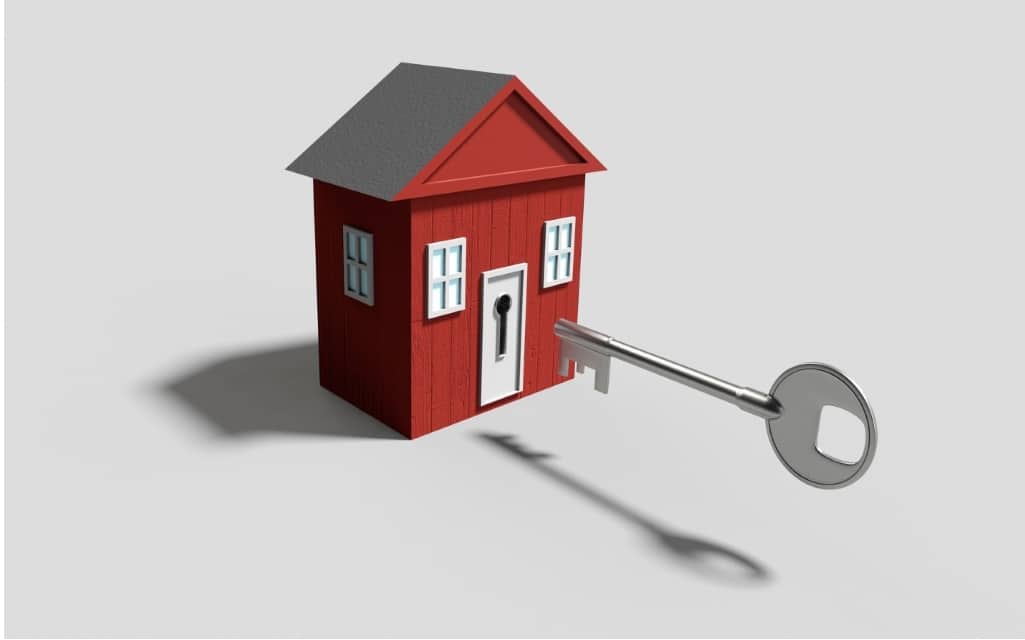The decision of whether or not to buy or rent is a big one, and no one should take it lightly. And whilst many of us have already taken the leap into homeownership (and not regretted it), you should determine your personal circumstances and your future prospects if you are thinking about purchasing your own piece of property. Aside from this, you have to think about your finances, and how much you can realistically afford when it comes to mortgage payments. Remember that when you buy a home, it’s something you have to pay for an extended period, and you can’t just up and leave your home when you feel like it.
On the other hand, when you rent, the monthly payments don’t go towards you in the end – they go towards your landlord or the owner of the property. When you rent, you don’t have the freedom to do as you please with the property, and there’s always a chance you could be forced to move if the landlord or owner decides to sell the property. But if you are keen on making an investment, you should think about all the aspects involved in either buying or renting. Here, then, is how you can really determine if you should buy or rent.
Do you have savings for a deposit?
If you are thinking of whether or not you should buy or rent property, you should first think about your savings. In other words, do you think you have enough money for a deposit for a home? You need a deposit to get a mortgage, and the standard deposit requirement is about 5% of the home’s value. If you are eyeing a home that’s worth £200,000, for instance, then you need to have at least £10,000 for the deposit. There are other costs to consider as well, such as taxes and fees. If you don’t have a deposit, it is still possible for you to get a mortgage, but you may need someone in your family as a guarantor so they can cover whatever mortgage payments you cannot pay.
How much is your income?
You have to take a close look at your income, and this is something that real estate experts like Clifftons, who offer property for sale in Bournemouth, know all too well. Essentially speaking, do you have enough income to pay for your mortgage every month? If you can afford your mortgage repayments whilst still able to take care of your other monthly expenses, then all is well and good. But you also have to show lenders that you can afford the monthly repayments, and this will take some paperwork.
What are your future plans?
Another aspect to think carefully about is what your plans are for the future. For instance, if you are only planning to live in a certain area or place for a short time, is it really feasible to buy? If you have some definite plans for the future, such as trying to have children or making a change in your career or profession, this could drastically affect your plans as well. You may want to consider renting rather than buying, at least for a certain period until you are literally ready to ‘settle down’. If you are planning to reside in a particular area for a long period, then buying property may be a more viable option than renting.



